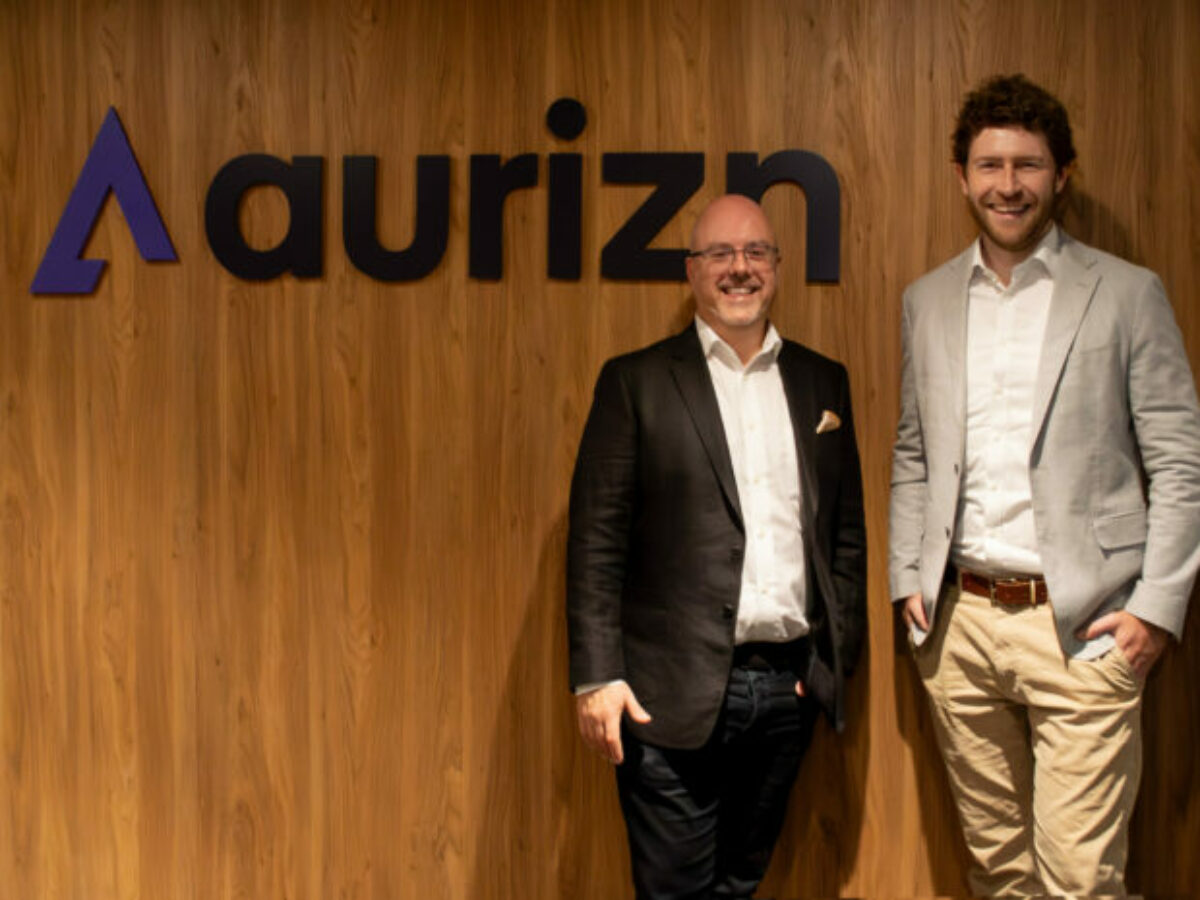Manufacturing news briefs — stories you might have missed

Victorian employers fined more than $16 million for safety breaches
WorkSafe Victoria has said it completed 153 successful health and safety prosecutions last year, reminding employees in the state they will face serious legal consequences if they put workers at risk. A total of $16,182,957 in fines was imposed by courts in 2023 for breaches of the Occupational Health and Safety Act and the Dangerous Goods Act, with three separate seven-figure penalties and a further 25 prosecutions attracting fines of at least $100,000. Offences involving the risk of a fall from height, which is among the leading causes of workplace fatalities in Victoria, continue to be a key compliance priority and were the subject of 39 prosecutions and fines of almost $2 million. There were 25 prosecutions for unsafe machinery including inadequate guarding, 15 relating to the risk of being crushed by or between objects, and 13 involving powered mobile plant such as forklifts. Over half of WorkSafe's health and safety prosecutions last year were against employers in the construction (52) and manufacturing (38) industries; followed by transport, postal and warehousing (11) and wholesale trade (10). WorkSafe Executive Director Health and Safety, Narelle Beer, said on Thursday that inspectors and investigators would continue to target workplaces where harm was most likely to occur.
Business continues to slow: Judo Bank survey
Australia’s private sector activity continued to decline at the start of 2024, according to the Judo Bank Flash Australia Composite PMI Output Index, which posted 48.1 in January, up from 46.9 in December. It was a fourth consecutive month of business activity decline, though at the slowest pace in the current sequence. Results under 50 represent contraction. Incoming new business continued to fall at the start of the year, but the pace of contraction moderated. “Softer new business declines in both the manufacturing and service sectors underpinned the latest change,” according to a statement from Judo this week. “A similar picture was seen for foreign demand, as new export business fell only slightly in January. A softening downturn coincided with business confidence improving at the start of 2024, with the Future Output Index posting the highest reading since August 2023.”
STA urges passage of ARC bill
Australia’s science and technology sectors have urged federal parliament to pass the Australian Research Council Amendment Bill and to make a key amendment requiring ARC to notify successful applicants within 21 days of grant approval. In a submission to the Senate Committee on Education and Employment reviewing the Bill, Science & Technology Australia asked Parliament to pass the bill with a handful of small amendments to strengthen the legislation. “Australia’s science and technology sector strongly backs this Bill and encourages Parliament to pass it, with a few small changes to strengthen the legislation,” said STA CEO Misha Schubert. “Deadlines focus minds. And they keep bureaucratic processes on track. “Adding a requirement that successful grant applicants must be notified within 21 days of approval by the ARC Board would give crucial certainty to both researchers and industry – and avoid being stuck in limbo amid lengthy delays – which has happened all too often in the past.”
ANFF releases guide on quantum tech for industry
The Australian National Fabrication Facility (ANFF) has published a new guide, titled Delivering the quantum promise: a handbook for businesses to engage with the Australian quantum ecosystem, written by the organisation's Client Engagement Facilitator for Quantum Technologies, Dr Navin Chandrasekaran. In a statement, ANFF said the guide “raises awareness about the local quantum economy and infrastructure network that nurture early-stage ideas and identifies pathways to create a tailored ‘Quantum Readiness’ plan for businesses that intend to take advantage of the second quantum revolution.” ‘It’s not necessary to be a quantum engineer to be involved. Just as many of us use computers to make our work more productive every day but can’t explain the physics of computer processing at any level, the same holds true for quantum technologies,” said ANFF CEO Jane Fitzpatrick. The paper can be read here.
Exail partners with Aurizn
Underwater robotics company Exail has announced the signing of a strategic technology partnership with Aurizn, an Adelaide-based company specialising in simulation and artificial intelligence. The partnership’s focus includes the potential application of artificial intelligence and machine learning in signal processing, situational awareness and decision support, as well as capitalising on both companies’ strengths in autonomous and resilient system development. According to a statement from Exail, the partnership highlights its dedication to adapting and evolving its solutions to meet the specific needs of the Royal Australian Navy. Bjorn Wharff, Director of Strategy at Aurizn, said, “This collaboration will enhance and future-proof Exail’s naval robotics solution, bolstering its ability to meet the specific requirements of the Australian naval forces.”
AusBiotech invites views ahead of policy paper release
Life sciences industry body AusBiotech has invited members to share their views at a virtual roundtable on capital attraction incentives, to help finalise the organisation's Investment in industry-driven medical research policy paper. The greatest barrier to the commercialisation of medical research via Australia's biotechnology sector is the attraction of dilutive and non-dilutive investment — predominantly to enable pre-clinical work and clinical trials, but also to support manufacturing and expansion — it said in a statement on Thursday. The policy paper sets out a recommended position for joint government and industry initiatives. “The virtual roundtable will focus on strengthening the paper's positions on the Business Research and Innovation Initiative/SBIR; the MRFF/Biomedical Translation Fund; the Early-Stage Innovation Company (ESIC) incentive; and Superannuation funds, and invites member feedback, including case studies and additional supporting evidence that will aid future advocacy activities,” it said.
Picture: Aurizn’s Director of Strategy Bjorn Wharff and Head of AI/ML Ben Schultz (supplied)
@aumanufacturing Sections
Analysis and Commentary Awards casino reviews Defence Gambling Manufacturing News Online Casino Podcast Technology Videos





